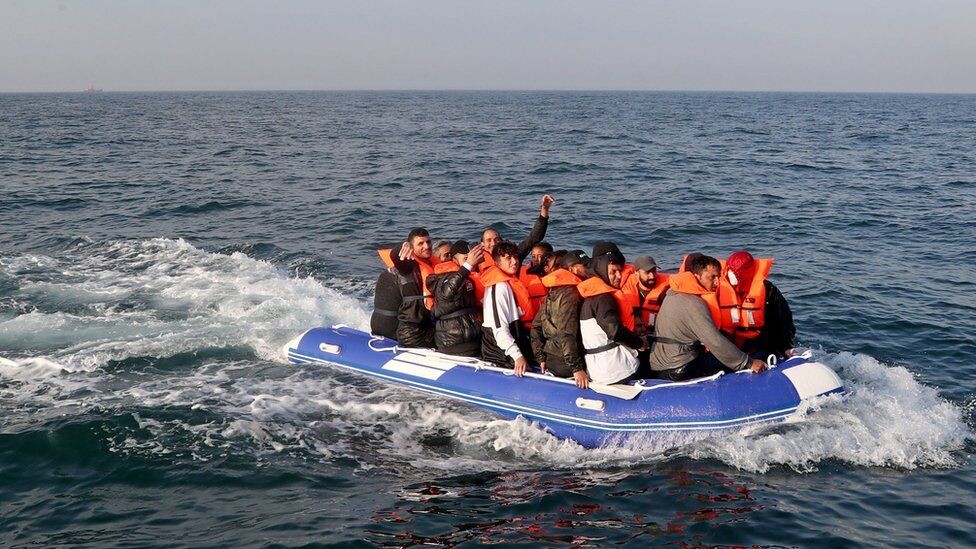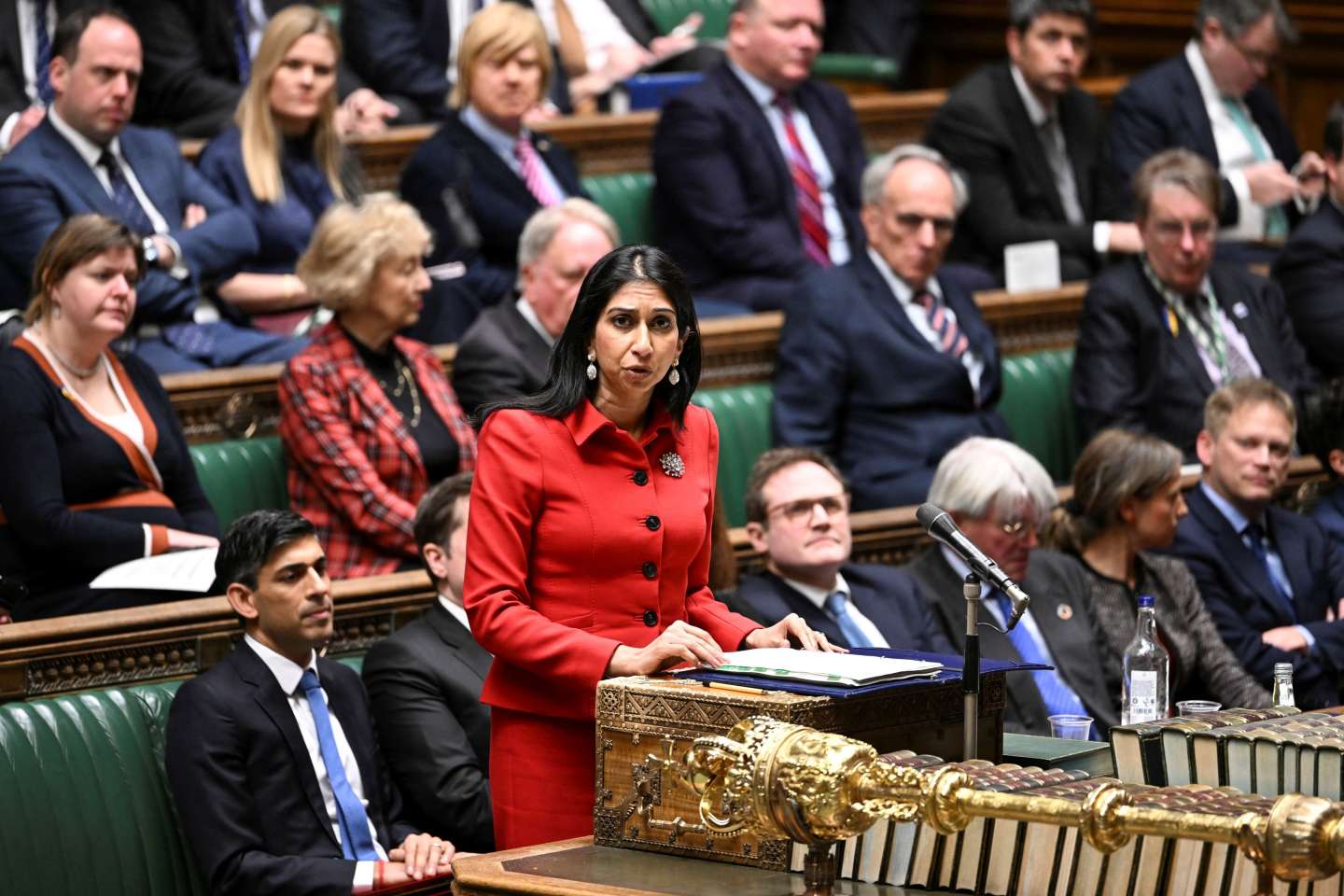


In a startling change of events, the English Channel saw the greatest number of migrants this year on Thursday, when a startling 755 people were found crossing in small boats. This increase in figures highlights the persistent difficulties associated with illicit immigration and border management.
Since 2018, more people have taken on this dangerous adventure than ever before, surpassing the alarming threshold of 100,000. Government statistics from earlier this week showed that over the previous five years, 99,960 people had already taken this perilous journey from France to the UK.
When looking at the year-over-year development, the size of this problem becomes more obvious. Only 299 small boat arrivals were counted in 2018. By 2021, the figures had increased to 28,526.
Even more, people successfully cross the Channel in small boats in 2022, with 45,755 people doing so. With 15,826 people identified thus far, the total number of arrivals in the current year is about 15% lower than it was at the same time last year.

The government faces difficulties in dealing with the intricacies of illegal migration. Rishi Sunak's government has made reducing small boat crossings one of its top focuses. The "Bibby Stockholm" barge's difficulties in accommodating refugees serve as an example of how this endeavour has been delayed and complicated.
The government is aiming to cut costs compared to hotel accommodations, which reportedly cost taxpayers 6 million GBP per day. The strategy involves using alternatives like tents and military sites for sheltering migrants. In addition, the plan to send asylum seekers to Rwanda in an effort to stop small boat crossings has run aground in legal battles.
The government has come under fire from the opposition during these events. The enormous increase in small boat crossings—more than twentyfold in four years—has been attributed by Labour to the government's inability to handle the situation adequately. Yvette Cooper, the party's candidate for home secretary, draws attention to the continuation of criminal organisations that make money from breaches in border security.
Cabinet members have supported the government's immigration policy but have also introduced measures to deal with illegal immigration.
These include taking action against immigration lawyers who aid migrants and working together to dismantle people-smuggling networks. As part of its "stop the boats" strategy, the government recently passed the contentious Illegal Migration Act, which gives authorities to expel those who enter the UK illegally.
Both obstacles and criticism have been levelled at the strategy. Efforts have been hampered by legal issues and delays, and some detractors claim that the approach fails to adequately address the problem's underlying roots.
Since hotels are apparently costing taxpayers 6 million GBP per day, the government is attempting to use more affordable accommodations like tents and military bases.